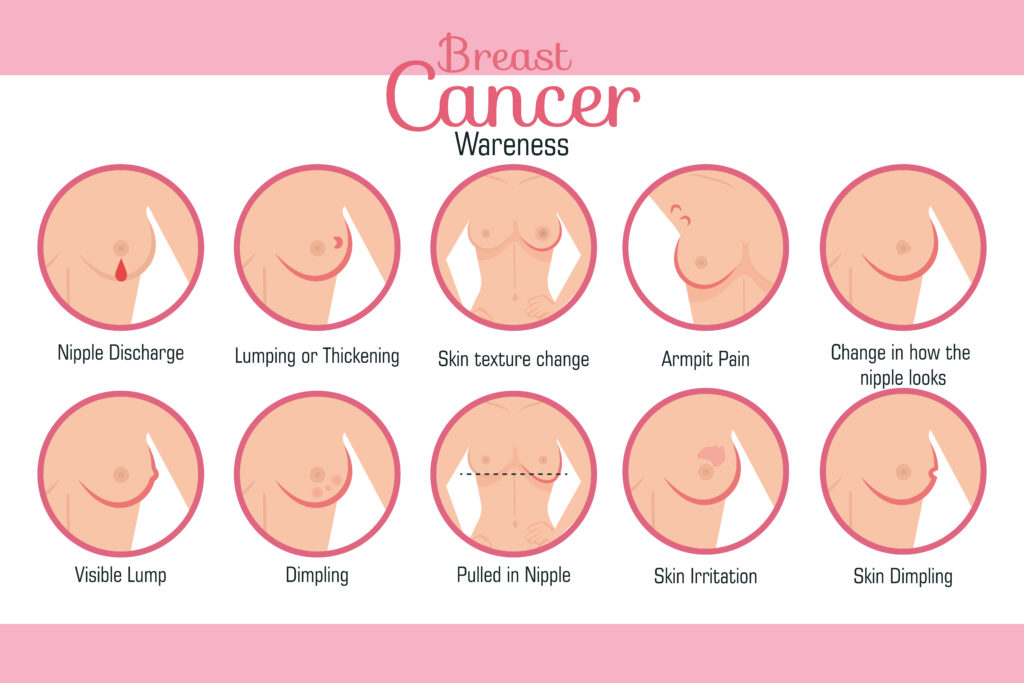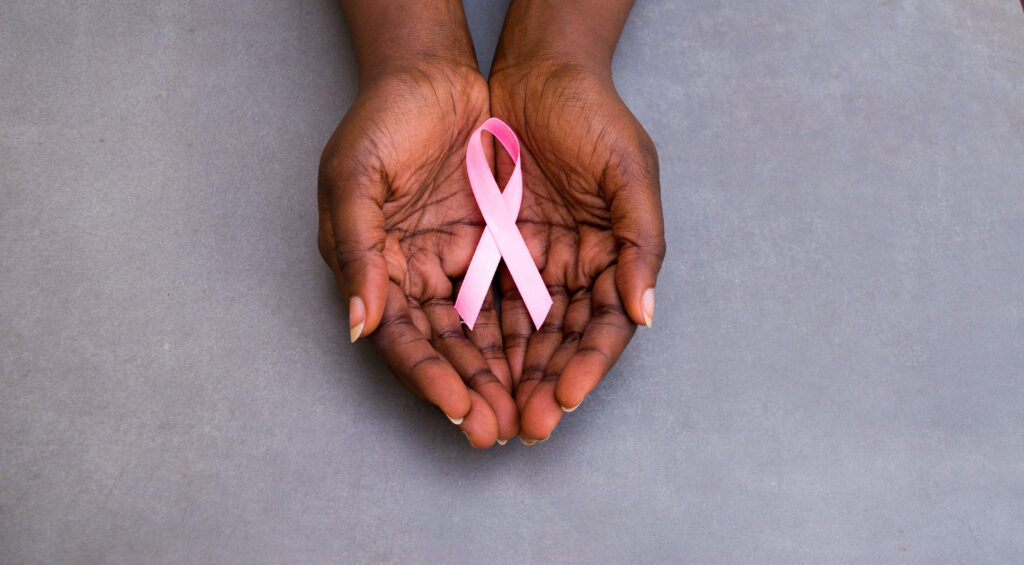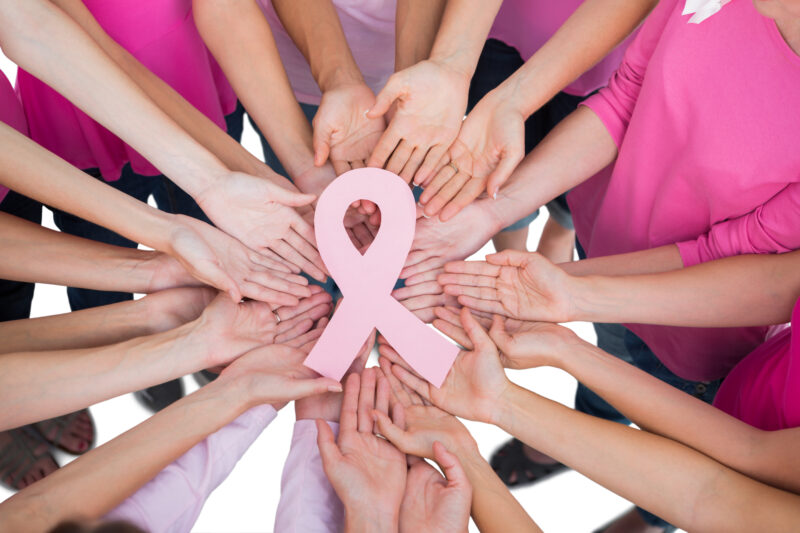While often perceived as a disease that affects younger women, breast cancer is one of the big five cancers that can kill women of all ages if not diagnosed early.
In fact, according to experts, women up to 75 are susceptible and are encouraged to undergo a regular mammogram at least annually or once every two years. (Generally, if a woman reaches 85 and is in good health, mammograms will no longer be required.) This (along with self-examination) can allow breast cancer to be diagnosed during the initial stages where treatment and complete recovery are still possible.
Women must always make breast health a priority, and they need reliable information to recognize the early warning signs of breast cancer. This empowers women of any age to lower cancer risk and to increase their awareness of several types of cancer, especially breast cancer. This often becomes the responsibility of the caregiver of the senior person. Necessary examinations and medical checks need to be scheduled and performed, and lifestyle factors must be taken into consideration.
The good news is breast cancer rates in the United States have steadily declined, primarily because of breast cancer awareness, early detection and medical advancements in treatment.

Breast cancer symptoms to look out for
In addition to lumps, which are often a cause for concern, be on the lookout for other factors:
- Swelling: If inexplicable swelling occurs on the breast, it should be investigated.
- Dimples: If the texture of the breast or skin on the breast changes and has a dimple effect, it should be analyzed.
- Pain: While pain in the breast is usually normal during hormonal fluctuations, constant pain in one area is cause for concern.
- Nipples: If there is constant or intermediate pain in the nipples, it could indicate a serious condition. Discharge from nipples or an inward depression could also be signs of a more serious ailment affecting the breast.
- Lumps: This is usually the first sign to look for, but not all lumps are cancerous. Encourage your senior to perform regular checks, and if they’re not able to do so, caregivers should perform these tests to ensure breast health. Lumps under the arm could also indicate breast cancer.
Common causes of breast cancer
While many factors may contribute to cancer development, common causes include the following:
- Lifestyle factors: Smoking, excessive alcohol consumption, and inactivity can affect how breast tissue reacts to external factors. Obesity and bad diet are also vital factors.
- Hormonal fluctuation: Often, the hormone fluctuations that accompany various hormonal states are vital, and an early age of menses and older age of menopause may put women at risk.
- Age: Women over 40 are more likely to experience breast cancer.
- Family history: If one or more women in your loved one’s family have a history of breast cancer, chances are much higher your older adult may contract breast cancer.
- Medication: Certain medications such as long-term use of contraceptive pills or post-menopausal medication may increase the likelihood of breast cancer.
Breast cancer in men
While fairly uncommon, the CDC has confirmed that breast cancer in men has increased over the last two decades. This means that caregivers of senior men should also be conscious of breast cancer awareness.
The most important guidance is to exercise constant breast cancer awareness and to check regularly!

Helpful products for breast cancer patients
- Essential and aromatic oils: The value of aromatherapy cannot be underestimated. As reported in The Power of Essential Oils on Breast Cancer, these aromatics may often elicit a healing response. In fact, chamomile, sage and frankincense often produce the best results. Cancer patients are often stressed or depressed, and providing an aromatic bath or candles can create a relaxing atmosphere that reduces stress.
- Massage: There are few things as relaxing as a great massage! It stimulates blood flow, boosts endorphins and relaxes the body.
- Progressive muscle relaxation technique: Studies prove that PMR (Progressive Muscle Relaxation) can relieve a variety of symptoms in seniors with breast cancer, which include nausea, anxiety and depression. It involves the tensing and relaxation of muscles from the feet to the face, and is easy for carers to learn.

